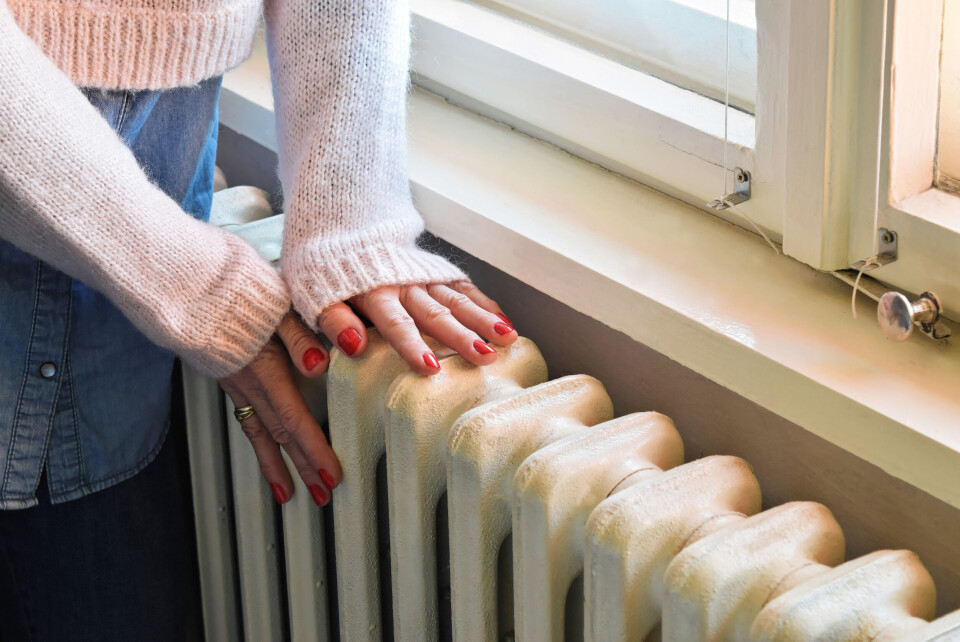-
Good news as lower electricity bills confirmed in France
The change is not a ‘revolution’ but will give some purchasing power back, minister says
-
2025 world economy rankings: France classed above the UK and US
France’s low inflation rate helped it beat many other nations
-
French tax payment due for nine million households. Will you get it?
Payouts average €600 and will soon be made directly to registered bank accounts
French households may be sent 'energy cheques' to combat rising prices
Six million lower-income households may become eligible for energy cheques to offset increasing gas and electricity costs

France is considering plans to offer subsidies to help minimise the impact of rising gas and electricity prices on low-income households, Economy Minister Bruno Le Maire said yesterday (September 13).
Regulated gas prices have risen every month in 2021 except April. In September, gas prices went up by 8%.
Electricity prices have not risen as steeply but are expected to have increased 8% by 2022, BFMTV reported.
Mr Le Maire told LCI: “In the coming weeks we will see whether or not it is necessary to use energy cheques.
“They could be a useful tool to protect people in France against rising energy prices, if prices continue to increase.”
If deemed necessary, energy cheques would be made available to up to six million households depending on their financial status.
The plans for government aid come in the context of the health crisis, which has already reduced spending power in many French households.
Mr Le Maire said that while prices have increased steadily this year, they should stabilise in 2022.
He said there was no risk of “systematic inflation”.
What are energy cheques?
Energy cheques are already available in France for low-income households to help pay for gas and electricity bills, fuel for heating, and for hot water, energy charges in shared housing such as elderly care homes, and some works to improve home heating systems.
Who is eligible and how do I know if this applies to my household?
To be eligible, the annual income for a household must be less than €10,800 per ‘unit of consumption’. In this case, a unit of consumption refers to the people using the energy, with the first consumer counting as one unit, the second 0.5 of a unit, and each extra person 0.3 of a unit.
You do not have to apply for an energy cheque.
If you are eligible, the French fiscal services should automatically place you on a list to receive a cheque with a value of €48-€227.
To be eligible, your income tax records must also be up to date, and you must also live in a home that is subject to local property tax (taxe d’habitation, even if you are exempt).
Energy cheques are distributed every April. A calendar showing dates for each department is provided online; this year’s can be seen here in a PDF.
You can check if your household is eligible on the government website here.
Average energy costs in France
Energy provider website Selectra calculated that in 2019, the average annual electricity cost in France ranged from €858.64-€898.02, depending on the electricity provider and plan chosen.
This works out to an average monthly energy bill of about €79 per month.
In 2020, Selectra found that 7 out of 10 French people had an electricity contract with EDF and its Tarif Bleu, the regulated price.
Eurostat figures show that France has one of the lowest electricity prices in western Europe, costing on average €0.1765 per kWh in 2019.
This was 25% cheaper than the EU average (€0.2159 per kWh), compared to Spain or Germany where prices are respectively 46% and 79% higher than in France.
In the UK, energy market regulator Ofgem has calculated that the average dual fuel (gas and electricity) tariff as of April 2021 is £95 per month (€111), or £1,138 a year (€1,336).
Related articles
Seven French contracts to renegotiate this September and how to do it
























